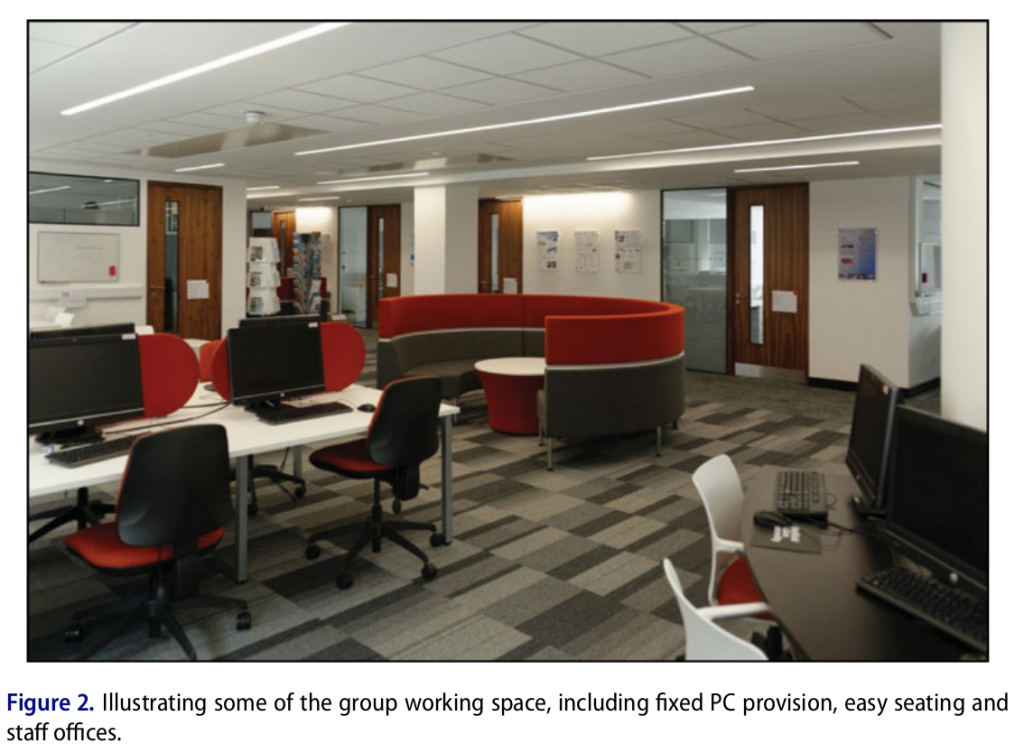On 31st January 2008, I gave my first lecture. I was passing my PhD supervisor in the corridor and he said “there might be some teaching going if you fancy it, go and talk to Mike”. And that, as innocuous as it sounds, was the spark that lit the flame. I strongly disliked public speaking, having hardly done it (not having had much chance to practice in my education to date – I may have only given one talk in front of people to that point, as part of the assessment of my MSc dissertation), but I recognised that this was something I needed to get over. I had just started working for the IMA, where my job was to travel the country giving talks to undergraduate audiences, and I realised that signing up to a regular lecture slot would get me some much-needed experience. I enjoyed teaching so much that I have pursued it since.
I just noticed that last Wednesday was ten years since that lecture. It was basic maths for forensic science students. I was given a booklet of notes and told to either use it or write my own (I used it), had a short chat about how the module might work with another lecturer, and there I was in front of the students. That was spring in the academic year 2007/8 and this is the 21st teaching semester since then. This one is the 15th semester during which I have taught — the last 12 in a row, during which I got a full-time contract and ended ten years of part-time working.
I have this awful feeling this might lead people to imagine I’m one of the people who knows what they are doing.
P.S. The other thing that I started when I started working for the IMA was blogging – yesterday marks ten years since my first post. So this post represents the start of my second ten years of blogging.
